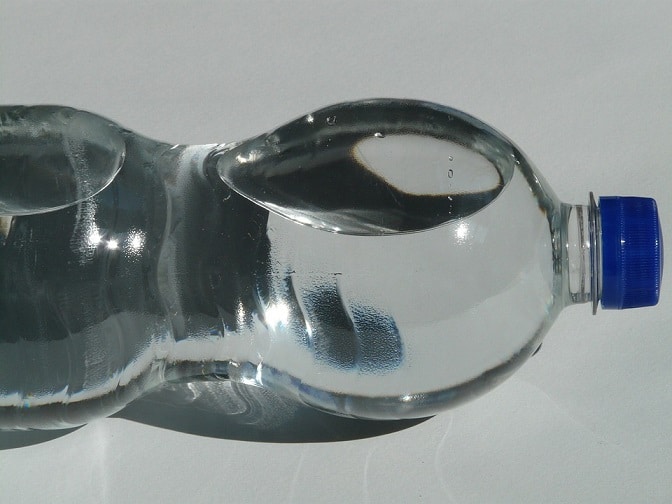 As various countries are feeling the might of climate change and trying to figure out how to limit the damage done by long droughts, apart from storing more water, improving drinking water delivery methods and infrastructure.
As various countries are feeling the might of climate change and trying to figure out how to limit the damage done by long droughts, apart from storing more water, improving drinking water delivery methods and infrastructure.
In the wake of a devastating four year long drought in California, this is receiving priority, and scientists are getting in on the act by conducting various studies, including whether it is feasible to grow food using oilfield wastewater.
According to a report in the Associated Press, More farmers in drought-stricken California are using oilfield wastewater to irrigate, and a new panel has begun taking one of the state’s deepest looks yet at the safety of using the chemical-laced water on food crops. The regional water board will use the panel’s findings to guide its oversight of the recycling of oilfield wastewater. The state officials, academic experts and industry representatives on the panel are charged with studying the safety of irrigating food crops with oilfield wastewater that may contain chemicals and other material from hydraulic fracturing, other intensive drilling methods and oilfield maintenance.
While research that has thus far been conducted has shown mere trifling amounts of chemicals in recycled oilfield wastewater, it is important that more research is conducted as this practice becomes more widespread.
With more and more oilfields passing on leftover production fluid to water districts for use in recharging underground water supplies and for irrigation, critics continue to question the safety of irrigating with recycled oilfield water.
Concerns about this type of irrigation of food crops are focussed on the fact that very little is known of the long-term toxicity of around 80% of the chemicals used in oilfield production, therefore their effect on food is largely unstudied and unknown. Policymakers in California, where this type of irrigation is being used by almond, pistachio, and citrus farmers, have argued that crops irrigated with recycled fracking wastewater should be labelled as such.
Today irrigation tomorrow our drinking water? Where will they stop, and what are the effects of recycling fracking water going to be on us? Frankly I am not happy to eat food grown under these circumstances and will definitely not be happy with any of these chemicals in my drinking water; how about you?
Buy water coolers online and rent water coolers from Living-Water. Get bottled watercooler and rent watercooler in London.





